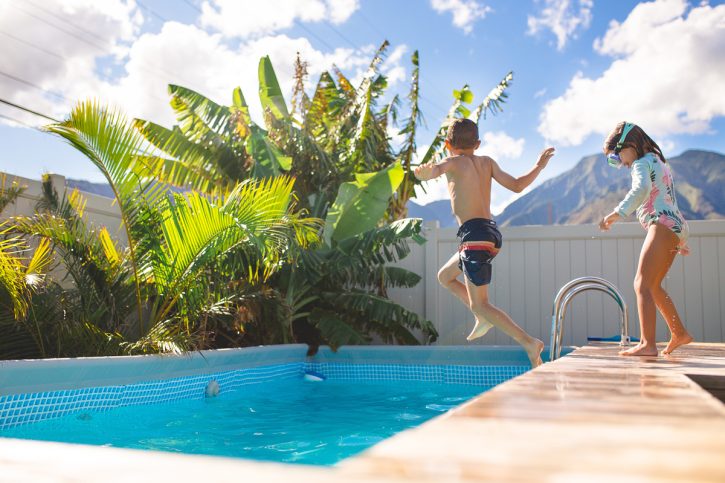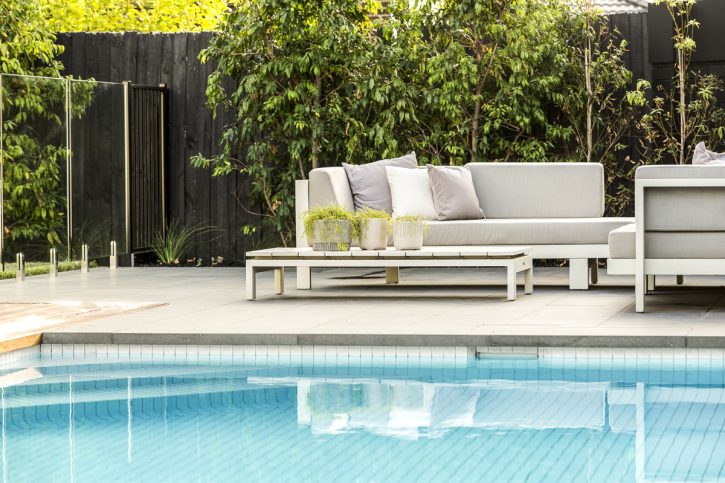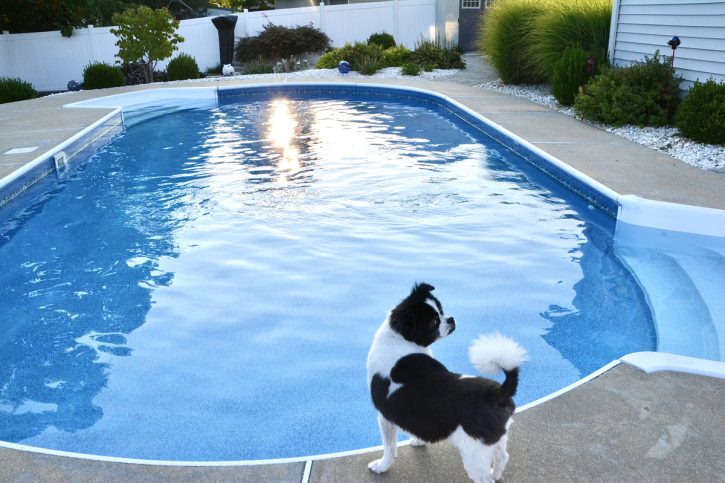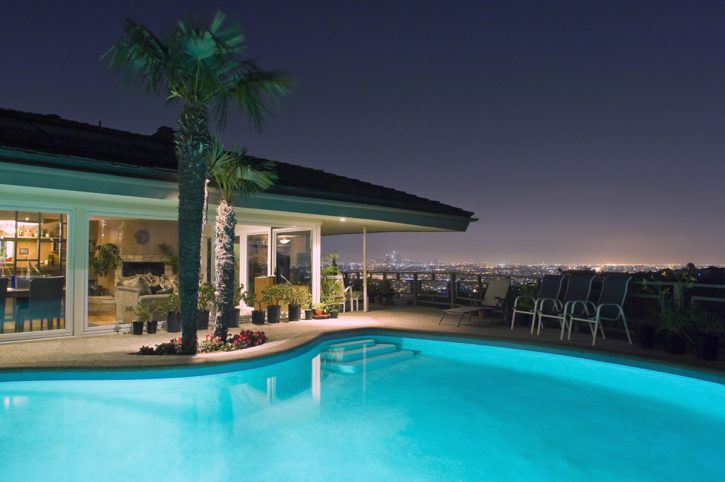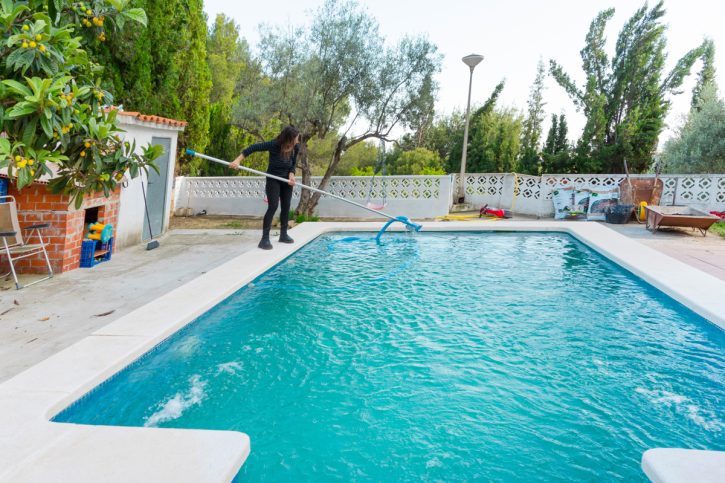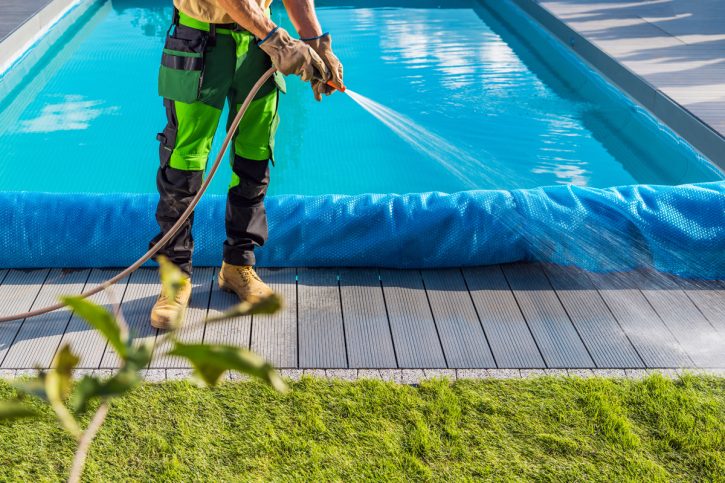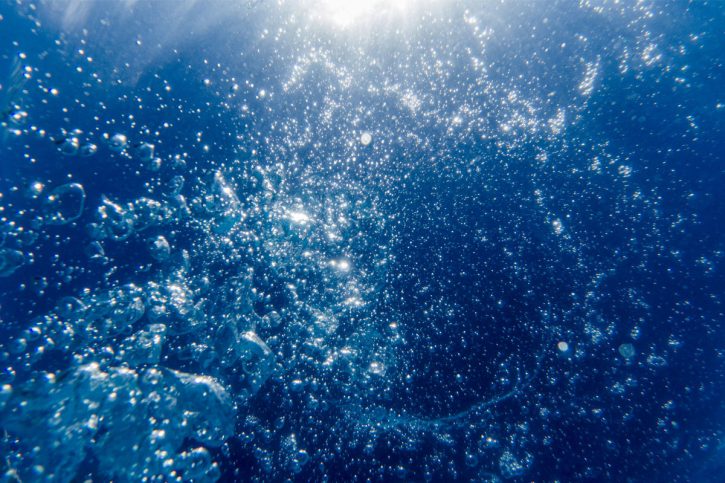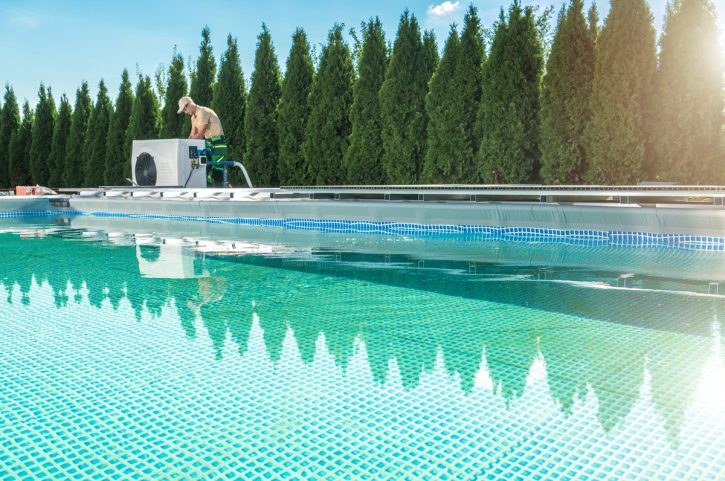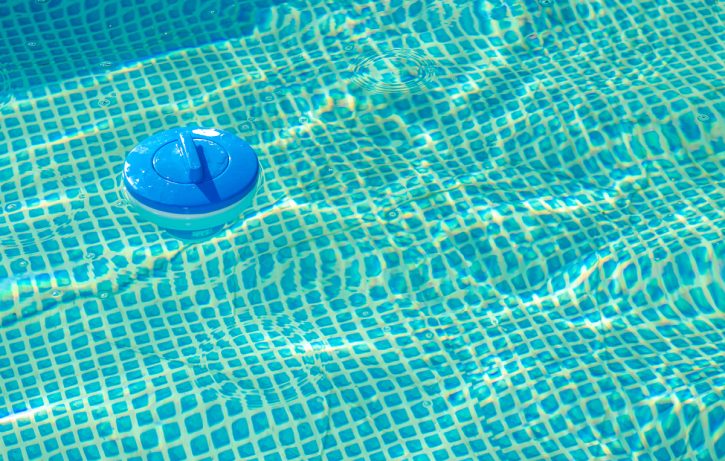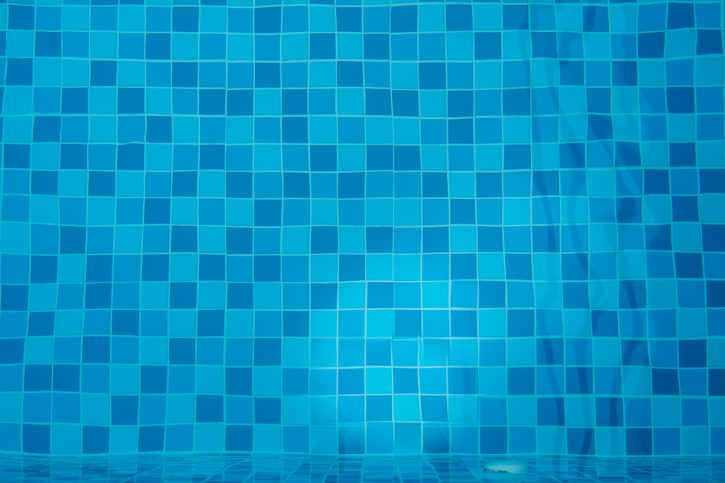How To Cool Pool Water
There are several things pool owners can attempt when trying to lower the temperature of their pool water. Check out the tips below if you wish to cool your pool this summer! How To Cool Down Pool Water If your pool water is consistently too warm, a pool cover or heater could simply be the…

